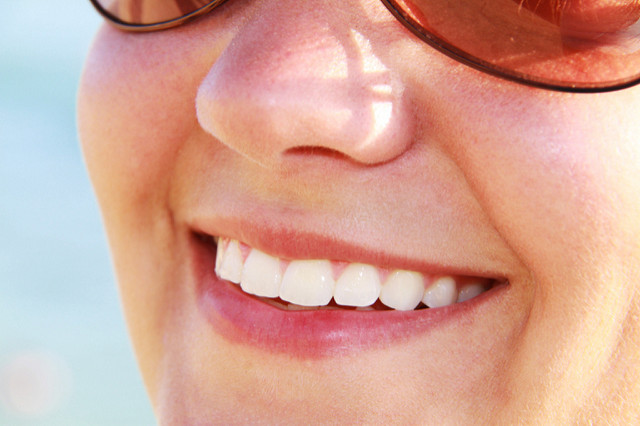
If you are a social media user, you’ve probably seen your favorite celebrity, YouTuber or model using charcoal to whiten their teeth; the thick, dark, gooey spread doesn’t look the most appealing, but many people swear by it. But is the charcoal teeth whitening method just a trend or does it really work? And, most importantly, is it safe?
What’s in it?
When you venture out to buy a charcoal teeth whitening pack, you’ll have to buy it in a powder form, which will later be mixed with water or another specified liquid to make the paste. The secret ingredient that makes the magic work? Activated charcoal.
How does it work?
The activated charcoal helps lift and absorb plaque and other tough compounds on the surface of the tooth. The chemical properties that are found in activated charcoal serve as a natural teeth whitener, meaning it binds the toxins instead of neutralizing them, resulting in whiter teeth.
What People Say
You’ll see a lot of hype about this approach. For example, Christina Heiser, a beauty editor from The Vitamine Shoppe, tested out activated charcoal for two weeks. She shares that prior to using the activated charcoal her teeth weren’t very stained; they could just use a little whitening. Her test resulted in a “huge difference” in the whiteness of her teeth, though she made note of the fact that the charcoal is messy to use.
Is it safe? NO.
Here’s the problem. According to the American Dental Association, there is no evidence that charcoal is a safe method for whitening teeth. While the abrasive texture may help whiten teeth, if you use it too much or scrub too hard, you might wear away your enamel. That’s going to expose the softer, yellow tissue underneath — making your teeth appear more yellow. Plus, you’ll be far more prone to cavities and other dental problems. Furthermore, some products with activated charcoal instruct daily use, while other teeth whiteners may call for every other day or a specific number of times a week. The constant use may also contribute to enamel wear.
We recommend choosing an over-the-counter whitening product with the ADA Seal of Acceptance so that you can be sure your teeth are safe. If you’re seeking a whiter smile, feel free to ask us about other non-abrasive whitening methods.